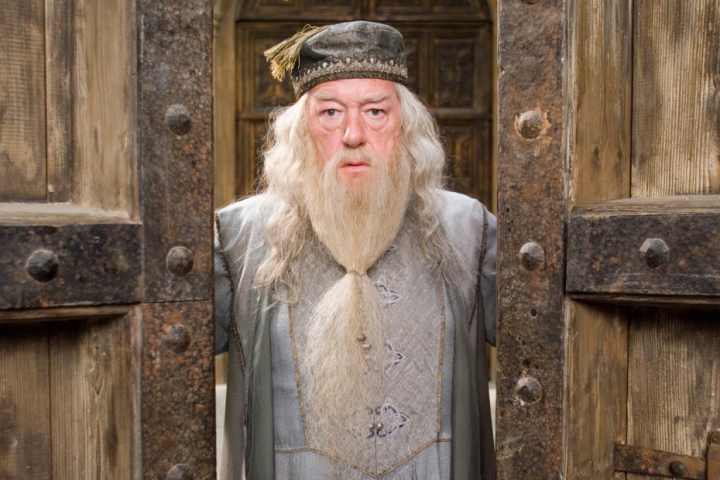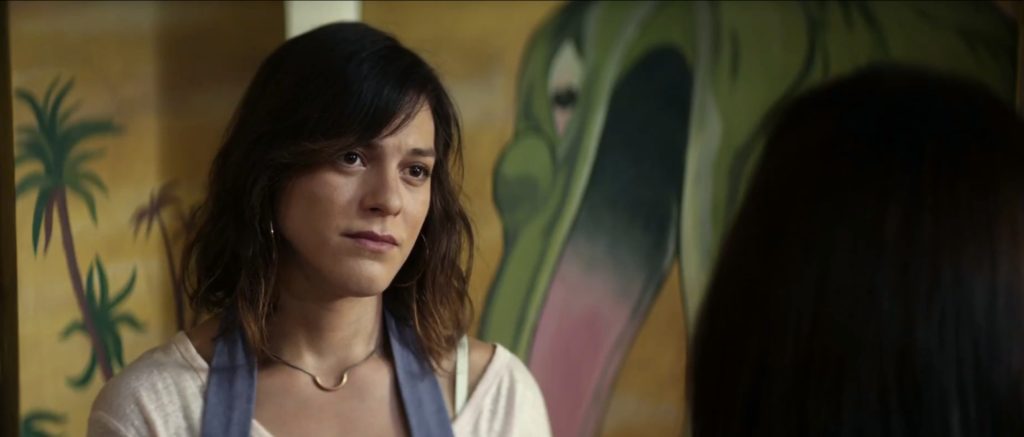Through Twitter, J.K. Rowling Exposes Her True Feelings Toward the LGBT Community
Written by Ian Thomas Malone, Posted in Blog, Pop Culture
Over the course of its existence, Twitter has consistently given credence to the “you should never meet your heroes” concept. The ability to see what celebrities are up to in their daily lives, can be fascinating, but also frustrating when one sees glimpses of the person’s true character. Sadly, J.K. Rowling has repeatedly demonstrated that she is no friend to the LGBT community.
The latest example of intolerance from the author of the internationally beloved Harry Potter series came in the form of liking a transphobic tweet that referred to transgender women as “men in dresses.” The account in question, currently set to private after the backlash, posted additional transphobic tweets further claiming that transgender women are men. The controversy surrounds protests to LGBT-inclusive policies from the UK’s Labour Party, which has led to swift backlash from British media.
In response, a representative for Rowling told the British publication Metro, “I’m afraid J.K. Rowling had a clumsy and middle-aged moment and this is not the first time she has favourited by holding her phone incorrectly.” The representative is correct to note that this is not the first time Rowling has caused controversy by liking tweets, but what’s rather peculiar is that this isn’t even the first time she’s liked transphobic tweets. Last October, Rowling liked a tweet to an article by a self-proclaimed “vagina feminist” that was highly critical of transgender-inclusive policies in England.
You might be thinking about the old Twitter mantra, “RTs do not equal endorsements.” Likes certainly don’t imply a definitive synchronicity with the views that have been liked. Problem is, this is hardly the first time this year that J.K. Rowling has caused controversy in the LGBT community.
Rowling’s handling of Hogwarts headmaster Albus Dumbledore’s sexuality has been a point of scrutiny since she revealed he was gay in 2007, after the final book in the series has been published. A comment from Fantastic Beasts: The Crimes of Grindewald director David Yates that said that Dumbledore would “not explicitly” be gay in the upcoming film prompted widespread fan backlash. Kim Renfro of Insider published an excellent piece chronicling the entire scandal, in which yours truly noted that “He can be gay in Rowling’s public appearances and tweets, but not on screen.”
Rowling could have apologized for the “not explicitly” gay Dumbledore affair, acknowledging that the difference in sexuality between canon Dumbledore and Twitter Dumbledore is a legitimate point of contention. Intentionally or not, it doesn’t look great when a character you never said was gay in the books suddenly isn’t gay again when the time comes to make another appearance in the franchise. One would think that one of the most successful authors on the planet could take a look at that situation and see why people might be unhappy.
Instead, she posted garbage like this
Being sent abuse about an interview that didn’t involve me, about a screenplay I wrote but which none of the angry people have read, which is part of a five-movie series that’s only one instalment in, is obviously tons of fun, but you know what’s even *more* fun? pic.twitter.com/Rj6Zr8aKUk
— J.K. Rowling (@jk_rowling) January 31, 2018
Lucky I have no intention of doing it, then. Oh, and believing every bit of Potter clickbait? Foolish. Just saying ? #Dumbledore #FantasticBeasts https://t.co/7WMZZxHhOt
— J.K. Rowling (@jk_rowling) February 2, 2018
These two responses are absolutely awful for so many reasons. She may be correct to note that she’s not director of the movie and didn’t give the comment, but that abdicates responsibility in a realm where she wields tremendous power. Dumbledore is her character. If she wants him to be gay in the movies, she can change that with a single tweet. Not only did she not choose to do that, she suggested that fans were “foolish” for believing words that came straight from the actual director’s mouth. Calling that “clickbait” is an insult to actual fake news.
From the “not explicitly” gay Dumbledore debacle to liking transphobic tweets, J.K. Rowling has made one thing clear: she’s not sorry. The explanations for these scandals range from mistakes to naïve misinterpretation, but never from a position where she should express legitimate remorse. If you feel differently, based on a decade of her behavior, apparently that’s on you.
J.K. Rowling is a very active Twitter user. She has frequently made international headlines for comments made on the platform. She knows what she’s doing, which makes it hard to give her the benefit of the doubt when it comes to this nonsense. The words “I’m sorry” are as elusive from her lips as Dumbledore’s homosexuality is from the pages of her books.
One of the best things about Harry Potter is the escapism it offers. Rowling created a wildly vivid world where one can lose themselves in the magic of Hogwarts. Her books reward return trips because there’s so many details that one can uncover with every repeated journey. Unfortunately, there’s all these other details about Rowling’s views on LGBT people that are hard to put aside when one dives back into her work.
If Hogwarts isn’t a place where Dumbledore can express his sexuality, or wizard feminism isn’t intersectional, I don’t want any part in it. That’s the kind of school Voldemort, or Donald Trump, would run. J.K. Rowling has made her stance on LGBT people perfect clear. To borrow a word from one of her tweets, we would be “foolish” not to listen.












